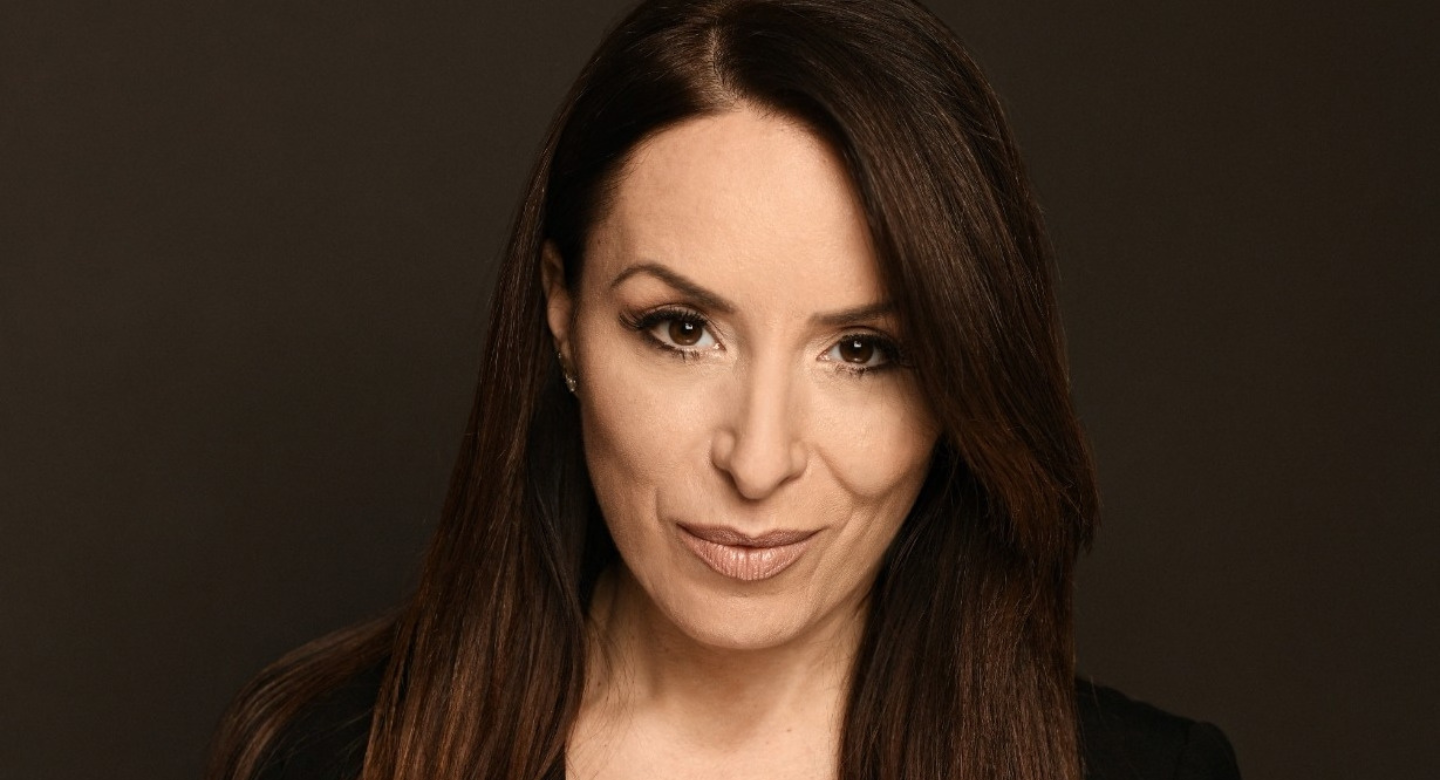
Malta has lost a second nominee to the European General Court as lawyer Veronique Dalli withdrew herself from consideration, the Justice Ministry told The Malta Independent on Tuesday.
Dalli was Malta’s second nominee to the vacant spot after first choice former Minister Edward Zammit Lewis was rejected for the post late last year.
Dalli, who is a lawyer with almost 20 years of experience and the sister of Environment Minister Miriam Dalli, told the Times of Malta on Tuesday that she had withdrawn her nomination to the General Court of European Union because she felt that the process was “pre-determined.”
“I do not want to go into specific details, but during the interview, I felt like the process was being steered in a pre-determined direction,” Dalli told Times of Malta.
“After the interview and much consideration, I decided to formally withdraw my name,” she said.
A spokesperson for the Justice Ministry told The Malta Independent: “The Government has been informed that Dr Dalli has decided to withdraw her nomination. In these circumstances, the Ministry is not in a position to comment as any comments would be superfluous as these proceedings are now exhausted.”
Edward Zammit Lewis, a former Justice Minister and current PL backbencher, was Malta’s first nominee to replace Ramona Frendo who was elevated to a post at the European Court of Justice.
NGO Repubblika and the Nationalist Party had objected to Zammit Lewis’ nomination and the former wrote to the Comite255 Panel, which is responsible for appointing EU judges saying that Zammit Lewis’ appointment would tarnish the European General Court’s reputation given relations he had with Yorgen Fenech, the man charged with masterminding Daphne Caruana Galizia’s murder.
In December, Zammit Lewis’ nomination was rejected – something he blamed the Nationalist Party and other critics for.
In a statement in his social media, Zammit Lewis addressed those who made “baseless allegations” against him, saying “you have caused me great harm and a form of character assassination.”
He had said that during the interview, he was asked “among other things, not whether I POSSESS the qualifications to occupy this position, but about other matters that have nothing to do with the position for which I was nominated.”
“An unacceptable doubt was cast on the process that was carried out in our country, led by a retired judge alongside honest and competent individuals in the public service-a process far more transparent than those held in other Member States-and other questions unrelated to the merit of the nomination. I will not say more because I do not feel it is ethically appropriate to do so,” he had said.
The former minister was not the first Maltese nominee to be turned down for the post: former Chief Justice Silvio Camilleri and former judge Joseph Filletti also had nominations turned down in the past.
Veronique Dalli was considered the runner-up to Zammit Lewis in the competitive call issued by the government. The founder and managing partner of Dalli Advocates, Dalli has contributed to several legal and judicial reforms and served as a tutor and examiner within the Faculty of Law at the University of Malta.
With her out of the running as well, the government will have to go further down its shortlist for a nominee or else issue a new competitive call for candidates.
Robert Abela embarrasses Malta for the second time, PN says
For the second time in just a few months, Robert Abela has brought embarrassment upon Malta in Europe, as his second preference nominee for Judge at the General Court of the European Union has also failed the vetting process, the Nationalist Party said.
After Edward Zammit Lewis’s nomination for Judge at the General Court of the EU was rejected towards the end of last year, now even Veronique Dalli – Robert Abela’s second choice following Zammit Lewis’s failed bid – has also been rejected.
The PN insisted that the Labour Government must stop pushing forward partisan loyalists and instead reform the judicial nomination process. It is imperative that Malta’s nominees to high-level EU posts are selected on the basis of merit and competence, not partisan political convenience, which has so far only served to undermine Malta’s reputation across Europe.
This second failure in such a short span of time is a direct consequence of the fact that Robert Abela’s selection process was based entirely on the narrow partisan interests of himself and Justice Minister Jonathan Attard. Both Robert Abela and Jonathan Attard continue to show they have failed to grasp the seriousness of the scrutiny involved in the appointment of Judges to the General Court of the European Union, the PN said.
Nominations for European Courts should be done in a meritocratic manner – Repubblika
In a statement, the NGO Repubblika noted that “one candidate after another sent by the government are being chosen by ministers without any form of public call or meritocratic competition.”
It should be noted that in this case, the government issued an open call for the vacancy in April 2024 and five people – including Zammit Lewis and Dalli – threw their name in for consideration. A shortlist was then drawn up by a committee chaired by retired judge Antonio Mizzi.
“Without delving into the credentials of the candidates the government has sent, it is clear that all of the candidates chosen by the minister are in some way close or very close to the Labour Party. While this alone should not exclude them from being candidates, it is not good for anyone that the government closes its eyes to other possible candidates,” Repubblika said.
Repubblika said that there is no reason why appointments for Maltese judges to a European court should use a system which is in any way different to the one used for the appointment of Maltese judges for local courts.
“We encourage the adoption of a new norm so that nominations to European Courts are administered by a Committee purposely set up within the Constitution for Judicial Appointments which sends its choices to the European Court after a public call and a selection process based on merit and not on political or partisan credentials of candidates,” the NGO said.












